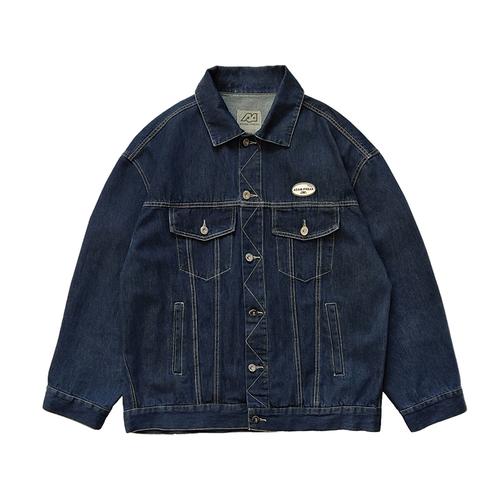The choice of colors for class uniform design is very important because colors can convey different emotions and meanings. When choosing class uniform design colors, we need to consider the following factors:
1. Class characteristics: Each class has its own unique characteristics. and style, we can start from the nature of the class, cultural background, special activities, etc., and choose colors that are consistent with the characteristics of the class. For example, if your class is full of energy and creativity, you can choose bright colors, such as red or orange, to reflect energy and creativity.
2. Color psychology: Color has a direct impact on people’s psychology and emotions. Different colors evoke different emotions and associations, so when choosing colors for your class uniform design, consider the goals and vision of your class. For example, blue represents stability and trust, suitable for emphasizing academic ability and professionalism; green represents peace and vitality, suitable for emphasizing environmental protection and teamwork; yellow represents warmth and vitality, suitable for emphasizing positivity and friendliness.
3. Season and atmosphere: Season and climate are another important factor in choosing the color of class uniform design. Different seasons have different color characteristics. For example, spring is suitable for choosing bright colors, summer is suitable for refreshing colors, autumn is suitable for choosing warm colors, and winter is suitable for choosing cool colors. In addition, class-specific events or celebration days can also be used as a basis for color selection to enhance team cohesion.
4. Color matching skills: In the design of class uniforms, we need to consider the matching and balance of colors. Commonly used color matching methods are:
– Contrasting color matching: Choose complementary colors and match colors opposite each other on the hue circle, such as red, green, and yellow. and purple etc. This combination can produce a sharp contrasting effect and highlight the personality of the class uniform.
– Similar color matching: Choose adjacent colors to match, such as red, orange, and yellow colors together to create a harmonious and comfortable feeling.
– Monochrome matching: Choosing multiple colors of the same color series to match can create a gentle and unified feeling.
– Neutral color matching: Choosing black, white, gray and other neutral colors for matching can increase the stability and professionalism of the overall design.
To sum up, when choosing class uniform design colors, you need to comprehensively consider class characteristics, color psychology, season and climate, and color matching skills. Through careful analysis and reasonable matching, we can create a personalized and meaningful class uniform design for the class.





